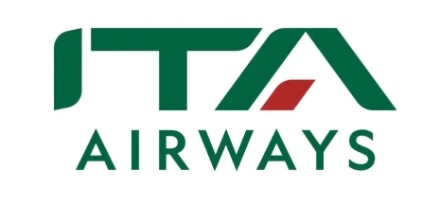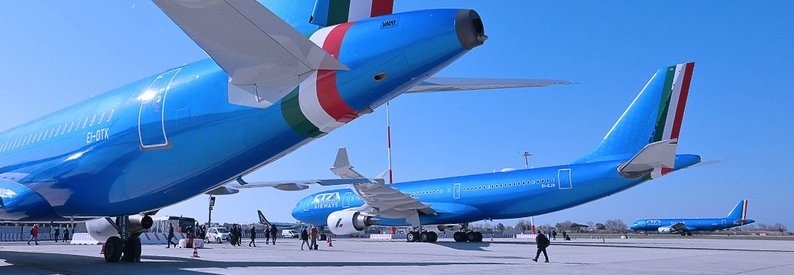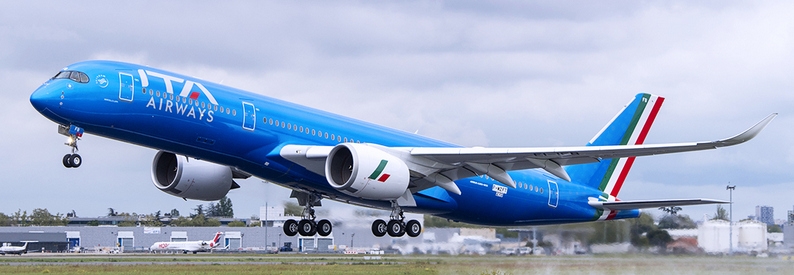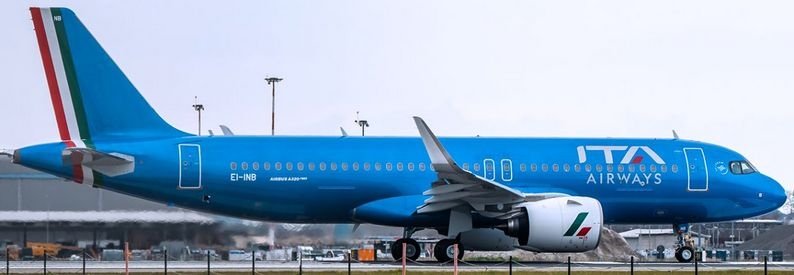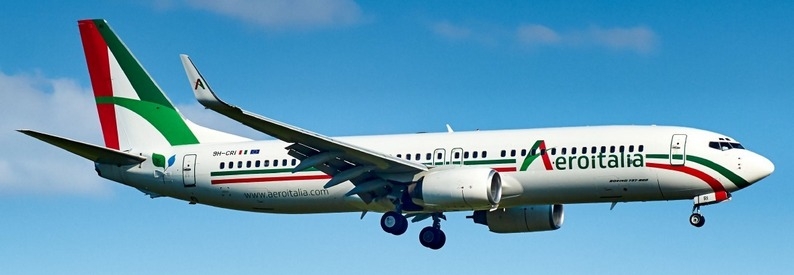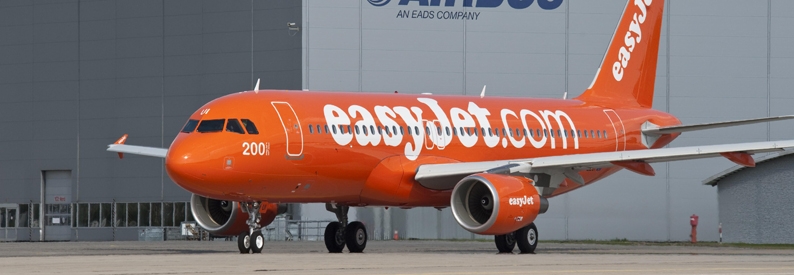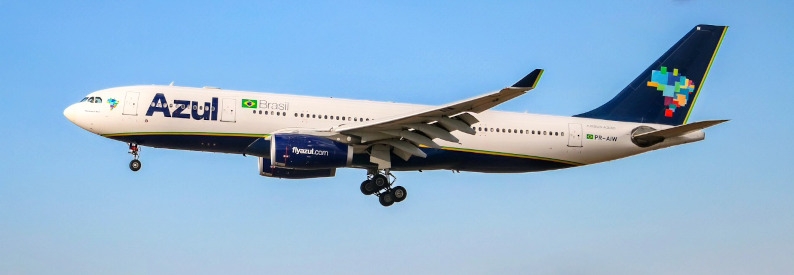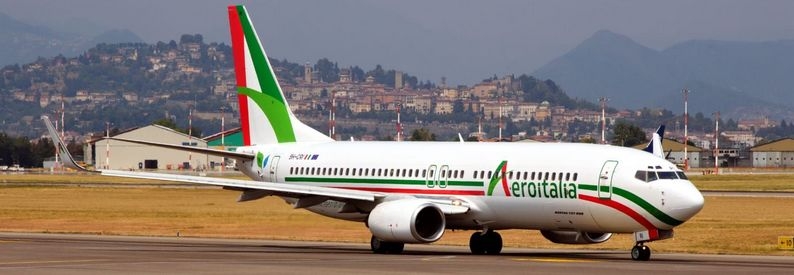Italy’s Ministry of Economy and Finance said it has signed a letter of intent (LOI) with Lufthansa (LH, Frankfurt International) on the sale of a stake in state-owned flag carrier ITA Airways (AZ, Rome Fiumicino), allowing negotiations to start with the German carrier.
The announcement came just over a week after Lufthansa submitted an offer to Rome to discuss the initial acquisition of a minority stake and options to purchase the remaining shares at a later date.
“This afternoon the MEF signed the letter of intent from Deutsche Lufthansa AG to acquire a minority stake in ITA Airways. The document is preparatory for opening a private negotiation between the parties. No further details on the ongoing discussion will be disclosed,” the ministry’s brief statement dated January 27 said.
Lufthansa confirmed to the news agency Reuters that it had signed the LOI with both the ministry and ITA Airways, adding: “The parties will now start negotiations on the structure of a possible participation.”
Six weeks of exclusive negotiations are proposed for the agreement, and a draft will then be submitted to the regulatory authorities, first in Italy and later in Brussels, government sources told the Corriere della Sera newspaper.
Lufthansa is understood to have proposed a reserved capital increase to acquire a 40% stake with an estimated value of EUR250-300 million euros (USD272-326 million). It would then, in a second step, take over the remaining 60%.
Last week, economy and finance minister Giancarlo Giorgetti - who has personally been following the ITA dossier since he took office last October as part of Rome’s new right-wing administration - explained that “a negotiation phase will begin with respect to the requests of the Italian government and those that are part of Lufthansa’s business projects. If the two are coherent, a very important reality could arise, also to the benefit of the Italian economy.”
Giorgetti, who was also minister of economic development in the previous government of Mario Draghi, confirmed that the talks would take about six weeks, after which the European Commission would likely take a further eight to ten weeks to investigate how the tie-up could impact market dynamics and request any corrective measures to be taken, such as the release of some slots at Milan Linate and Rome Fiumicino.
- Type
- Base
- Aircraft
- Destinations
- Routes
- Daily Flights
